I visited Mexico for 2 weeks earlier this month (6-20 June) to assess the potential for future research collaboration and to establish links between Bournemouth University (BU) and Mexican organisations. As I have the role of School of Applied Sciences (ApSci) Academic Lead for Students Placements, one of my objectives was to find potential hosts for our students and also opportunities for staff and student exchange. The talks I gave (5 in total!) allowed me to disseminate some of the work I do, the wider teaching and research at ApSci and to promote BU overall. After the talks there was always a good interaction with students and staff and I think there is a good chance that this was the start of long-lasting partnerships between BU and at least some of the organisations I visited:
- Instituto de Investigaciones Oceanologicas, Universidad Autonoma de Baja California, Ensenada – researchers from other departments and also from CICESE (Center for Scientific Research and Higher Education) also attended the talk, what was very good. Many thanks to Dr Amaia Ruiz de Alegria Arzaburu for organising everything. It was great to catch up with you and hopefully we will be doing something together soon.
- Instituto de Ingenieria, Universidad National Autonoma de Mexico, Mexico City -attendance to the talk was very good and there was also an interview and material will be added to their website, so quite good dissemination. Dr Rodolfo Silva Casarin is a star, brilliant head of a very interesting group, it was great to have met him after so many emails we have exchanged in the recent past. Many thanks!
- CINVESTAV (Center for Research and Advanced Studies), National Polytechnic Institute, Merida – here I had a closer contact with research conducted by staff and PhD students and also with coordinators of relevant programme, including some clear demonstration of will for visiting BU and start collaboration. Thanks to Dr Ismael Marino Tapia for the invitation and for being such a great host. Very interesting research are being conducted in CINVESTAV.
- Laboratorio de Ingeniería y Procesos Costeros, Universidad National Autonoma de Mexico, Sisal – this people are so lucky, they have brand new facilities right at the beach, beautiful settings and they are building new labs, which I’m sure will host great quality research. The talk was well attended and hopefully we will be able to keep in touch with colleagues that were very interested in staff and student exchange. Many thanks to Dr Ernesto Tonatiuh Mendoza Ponce and Dr Cecilia Enriquez for the opportunity to visit your facilities – I look forward to working with you.
- Instituto EPOMEX (Instituto de Ecología, Pesquerías y Oceanografía del Golfo de México), Universidad Autonoma de Campeche – Thanks to Dr Gregorio Posada Vanegas for introducing the research conducted at EPOMEX and for facilitating the contact with students and other staff. The interactions after the talk were very informative and hopefully we will continue our collaboration in the future.
This was my first time in Mexico and I had the opportunity to see a bit of very different parts of the country, talk to researchers and students and learn about their work, culture and life style. I call it a tour because in two weeks I visited Ensenada in Baja California, Mexico City and a number of locations in the Yucatan Peninsula, including Merida, Sisal, Campeche and also part of the coast of Quintana Roo. So every other day I was packing and unpacking, which was very tiring. But all worth it for the people I met and the things I learned.
Many thanks to BU’s EUADS (EU Academic Development Scheme) funds for allowing me to engage in this reconnaissance tour.
I will keep you posted of further developments from this initiative.
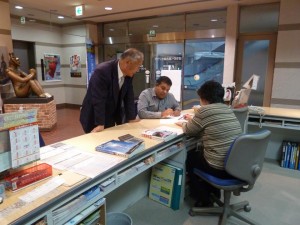
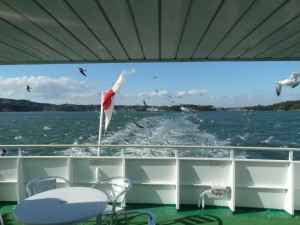
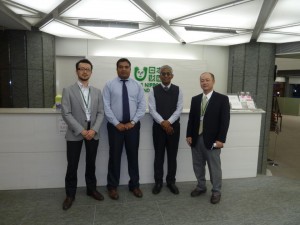
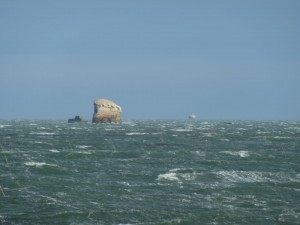
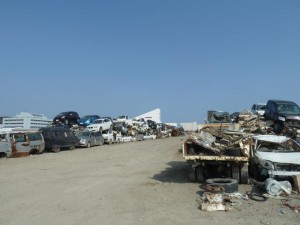
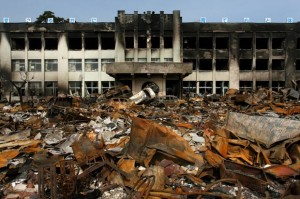

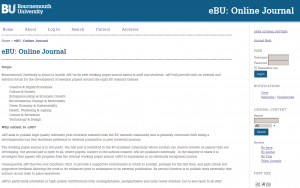

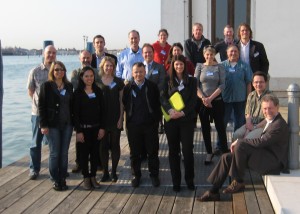
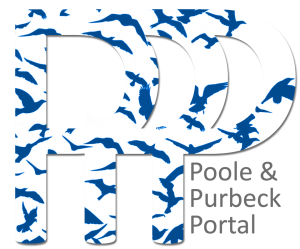

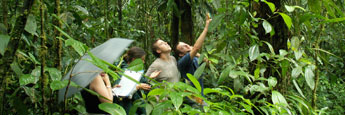














 TANGERINE project has lift off with BPC Indian Community!
TANGERINE project has lift off with BPC Indian Community! Postgraduate Research Experience Survey (PRES) 2024 – Closing today
Postgraduate Research Experience Survey (PRES) 2024 – Closing today THE INNOVATION COMMON ROOM: Going Old School
THE INNOVATION COMMON ROOM: Going Old School Apply for up to £1,000 to deliver an event and take part in a national festival of public engagement with research
Apply for up to £1,000 to deliver an event and take part in a national festival of public engagement with research MSCA Postdoctoral Fellowships 2024
MSCA Postdoctoral Fellowships 2024 Horizon Europe News – December 2023
Horizon Europe News – December 2023